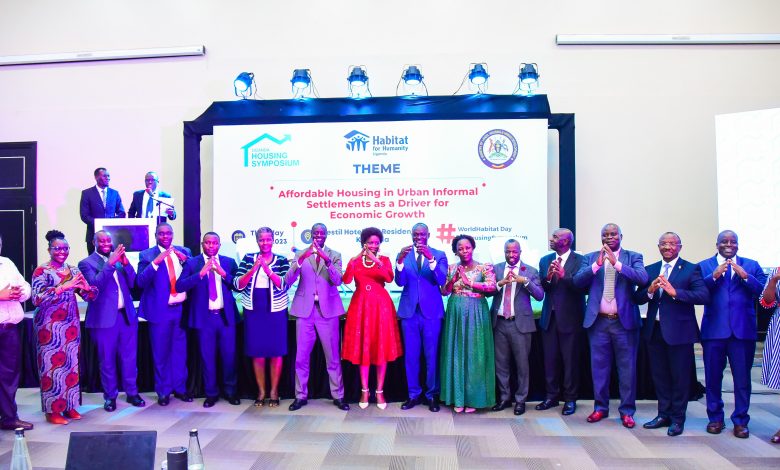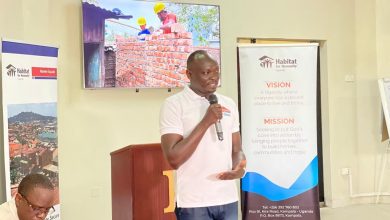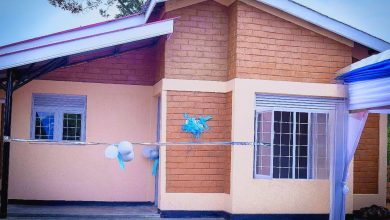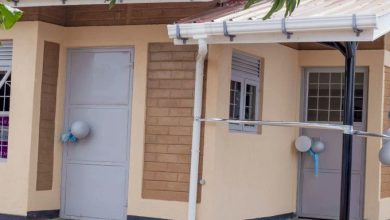Habitat for Humanity Uganda launches media awards to advocate for housing equity in informal settlements

Habitat for Humanity Uganda (HFHU), a non-governmental organization dedicated to eliminating poverty housing, has announced an exciting new initiative aimed at celebrating and encouraging impactful journalism on housing issues in Uganda’s informal settlements. The media awards for Journalists are part of HFHU’s ongoing global Home Equals campaign, which seeks to address housing inequities by highlighting the challenges faced by communities living in informal settlements.
Since its establishment in 1982, HFHU has worked tirelessly to address housing inequities, focusing on empowering communities, enhancing access to essential services, and improving land tenure security. Through its Home Equals campaign, the organization seeks policy changes at the local, national and global levels to increase access to adequate housing in informal settlements.
The media awards celebrate the efforts of the media towards improving attention by policy makers, leaders and the public to issues in informal settlements. The awards represent the climax of a two-year intensive advocacy campaign, featuring strategic engagements such as the Housing Symposium, Parliamentary Forum on Housing, Small Steps Walk, and World Habitat Day Celebrations. These events have provided a platform to draw attention to the critical issues of overcrowding, inadequate infrastructure, and the daily struggles of residents in informal settlements.
HFHU’s media awards aim to ensure that the plight of informal settlements remains at the forefront of public and policy discussion. By celebrating the role of the media, the organization hopes to influence sustained coverage of housing challenges and inspire collective action toward lasting solutions.
Journalists working in print, television, radio, and online media are invited to submit their work for consideration. To qualify, participants must present three original pieces published between January and November 2024 that focus on informal settlements. The entries must be clearly marked with the name, media house, email address and phone number of the entrant with proof of publication. Submissions can be in English or local languages to noffice@hfhuganda.org . The deadline for submissions is Monday, January 20th , 2025 at 3:00pm, and winners will be announced during a celebratory awards dinner on Friday, January 24th , 2025.
A panel of top-tier professionals from the media and communications industry will review the entries, evaluating them on their creativity, merit, and overall excellence. Cash prizes and commemorative plaques will be awarded to the best three entries in each category, providing both recognition and encouragement for outstanding journalism.
For further inquiries, journalists can contact Diana Loy Akongo, Communications and Advocacy Officer, at adiana@hfhuganda.org or call 0392-760802/ 0775-958634.




